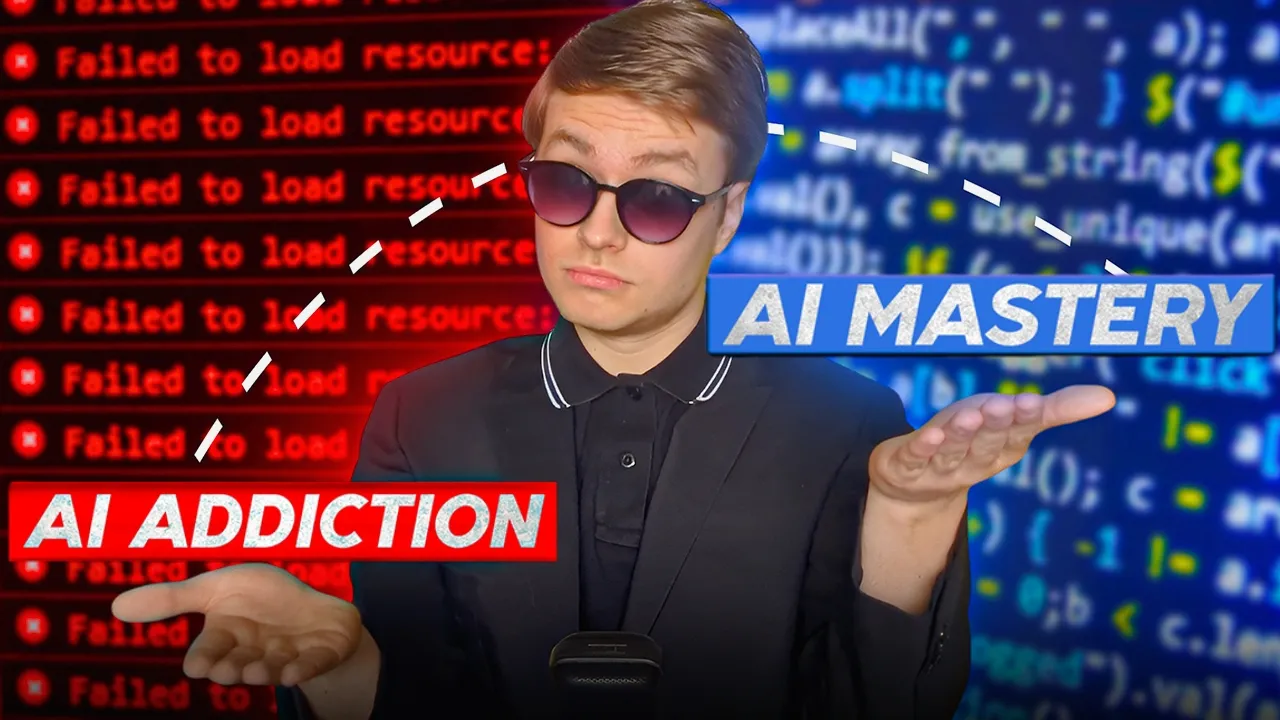Balancing AI Tools for Sustainable Programming Skills
As artificial intelligence reshapes the programming landscape, many developers find themselves increasingly reliant on AI coding assistants. This growing dependency raises an important question: How can we harness the efficiency of AI tools while preserving our fundamental programming capabilities? Understanding this balance is crucial for anyone considering transitioning to an AI engineering career where both technical mastery and AI proficiency are essential.
The Subtle Signs of AI Dependency
AI tools provide immediate solutions and quick feedback, creating a cycle of instant gratification that can gradually erode core skills. When developers begin forgetting basic syntax or find themselves unable to debug without AI assistance, they’ve entered the early stages of dependency.
This becomes particularly problematic when facing situations where AI generates imperfect code. Without underlying knowledge of programming fundamentals, identifying and fixing these AI-generated errors becomes nearly impossible. As one developer noted, “just because your job is made easier doesn’t make it easy” - AI assistance doesn’t eliminate the need for comprehensive programming knowledge.
Creating Deliberate Skill Maintenance Practices
Maintaining programming prowess while leveraging AI requires intentional practice:
-
Implement AI-free periods: Designate specific times (perhaps a weekly “AI-free Friday”) to work without AI assistance. These intervals reveal which skills need strengthening and prevent complete dependence.
-
Document knowledge gaps: During AI-free sessions, note which programming concepts cause difficulty. These observations become valuable targets for focused learning.
-
Progressive independence: When you identify a weakness (like forgetting class definitions), practice that specific element manually until proficiency returns before resuming AI assistance.
The Balance Between Efficiency and Mastery
The relationship between AI tools and programming skill should be complementary rather than substitutive. AI can accelerate development workflows, but only when built upon a foundation of solid programming knowledge. This principle applies whether you’re using AI for daily development tasks or mastering advanced prompt engineering patterns for production systems.
Think of AI tools as performance enhancers rather than replacements. Just as professional athletes use advanced equipment while maintaining fundamental skills, programmers should use AI to augment rather than substitute their abilities.
Ownership and Understanding
Perhaps most critically, developers must maintain complete understanding and ownership of their code, even when AI-assisted. This means:
- Thoroughly reviewing AI-generated code before implementation
- Understanding every change suggested by AI tools
- Taking responsibility for all code pushed to repositories
- Recognizing when AI suggestions require modification
AI can provide scaffolding, but the architecture must remain firmly in the developer’s control. When sharing code with team members or creating pull requests, the implied statement is that you understand the code completely - even if AI helped create it.
Cultivating Sustainable AI Usage
The most valuable approach combines AI efficiency with human expertise. This sustainable relationship with AI assistance means:
- Using AI to handle repetitive tasks while preserving problem-solving abilities
- Letting AI suggest solutions but applying critical evaluation
- Continuously refreshing foundational skills through deliberate practice
- Viewing AI as a collaborative tool rather than a dependency
The goal isn’t to avoid AI tools but to use them responsibly in a way that enhances rather than diminishes programming capabilities. This balanced approach leads to both increased productivity and sustained technical mastery. For developers looking to level up their AI expertise, building production-ready AI applications with frameworks like FastAPI demonstrates the perfect marriage of traditional engineering skills and modern AI capabilities.
To see exactly how to implement these concepts in practice, watch the full video tutorial on YouTube. I walk through each step in detail and show you the technical aspects not covered in this post. If you’re interested in learning more about AI engineering, join the AI Engineering community where we share insights, resources, and support for your journey. Turn AI from a threat into your biggest career advantage!
